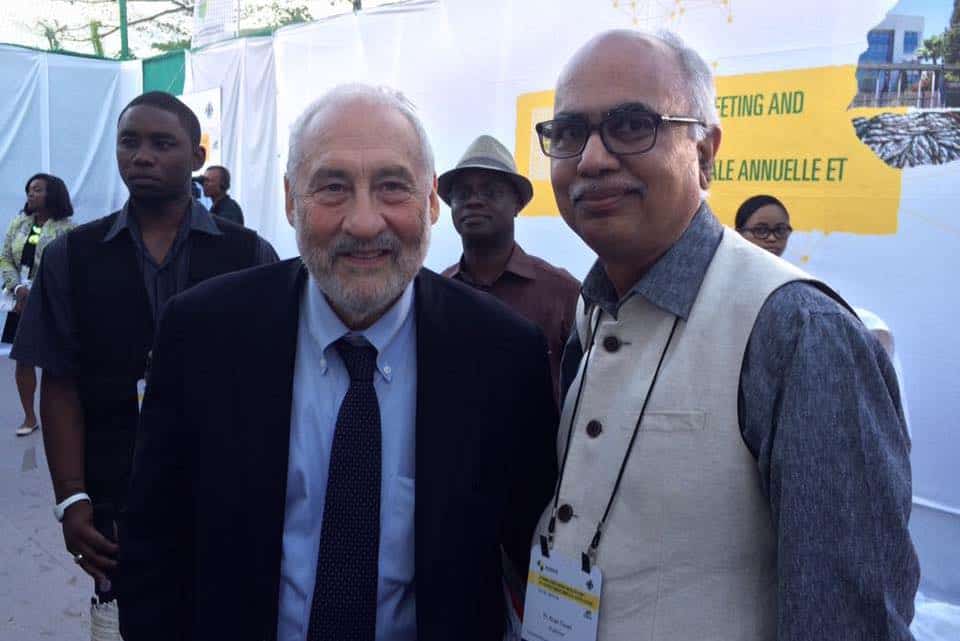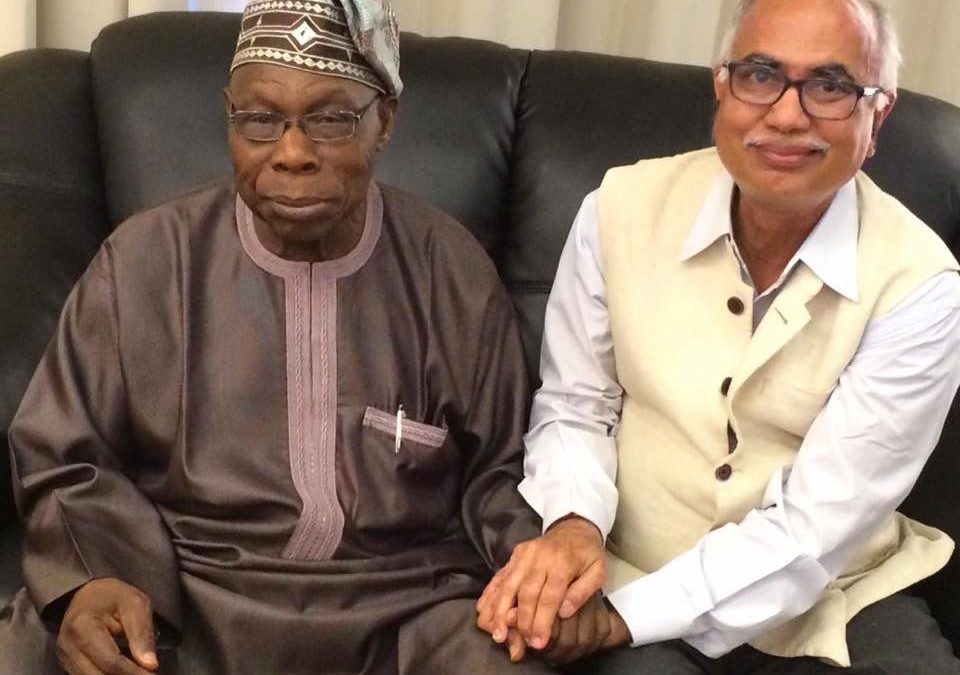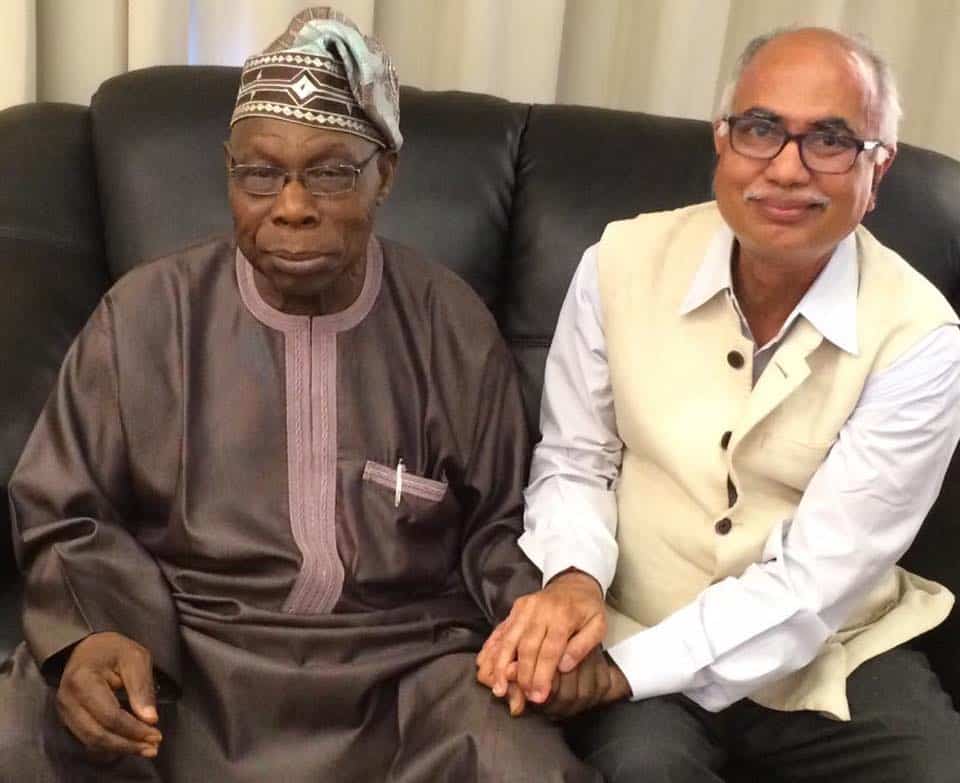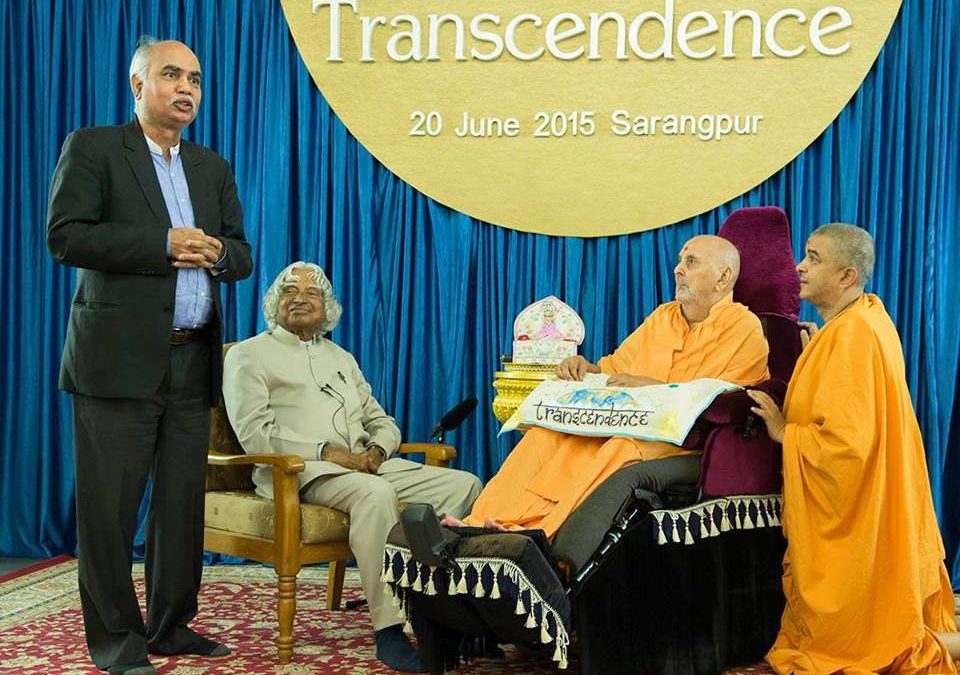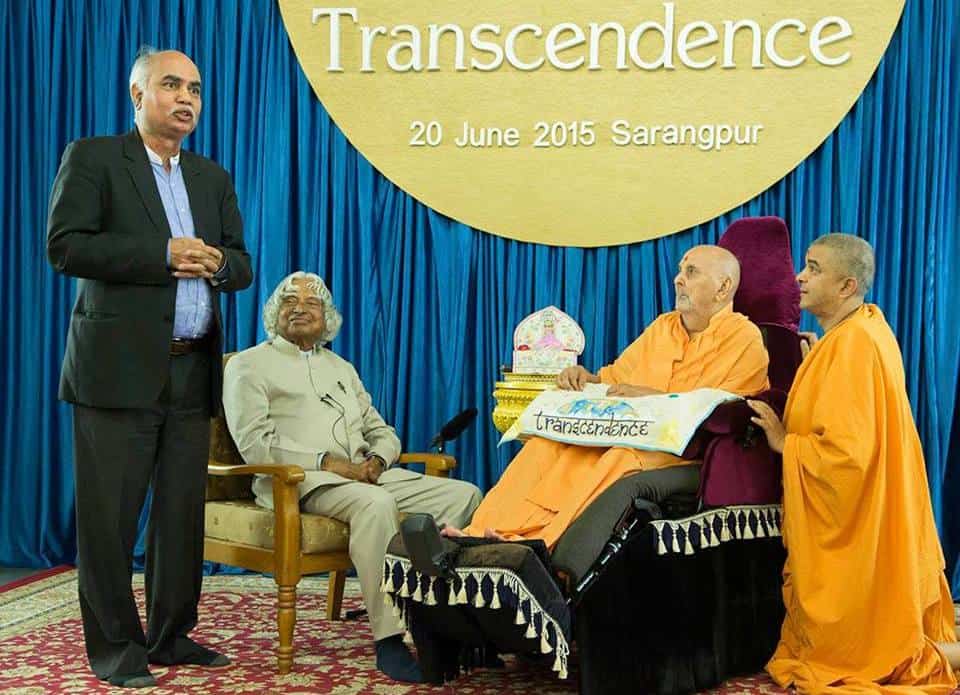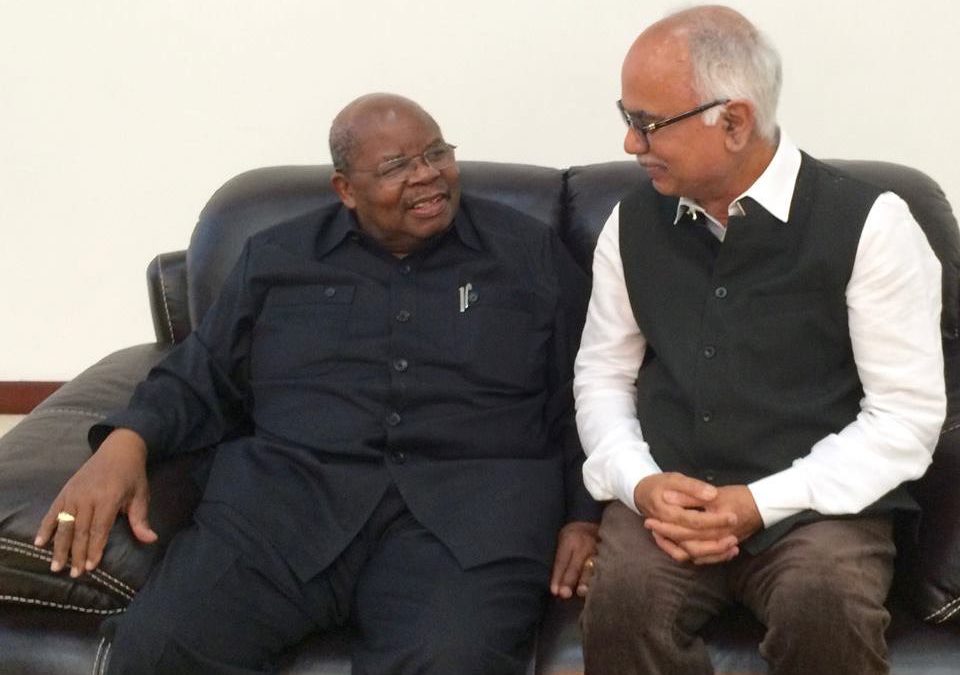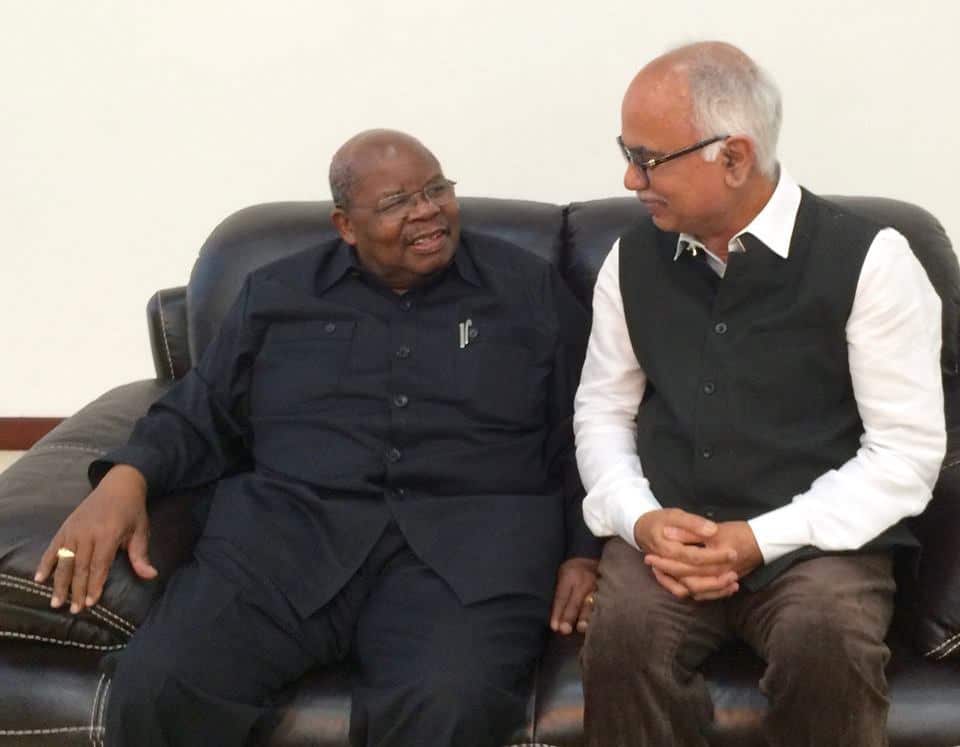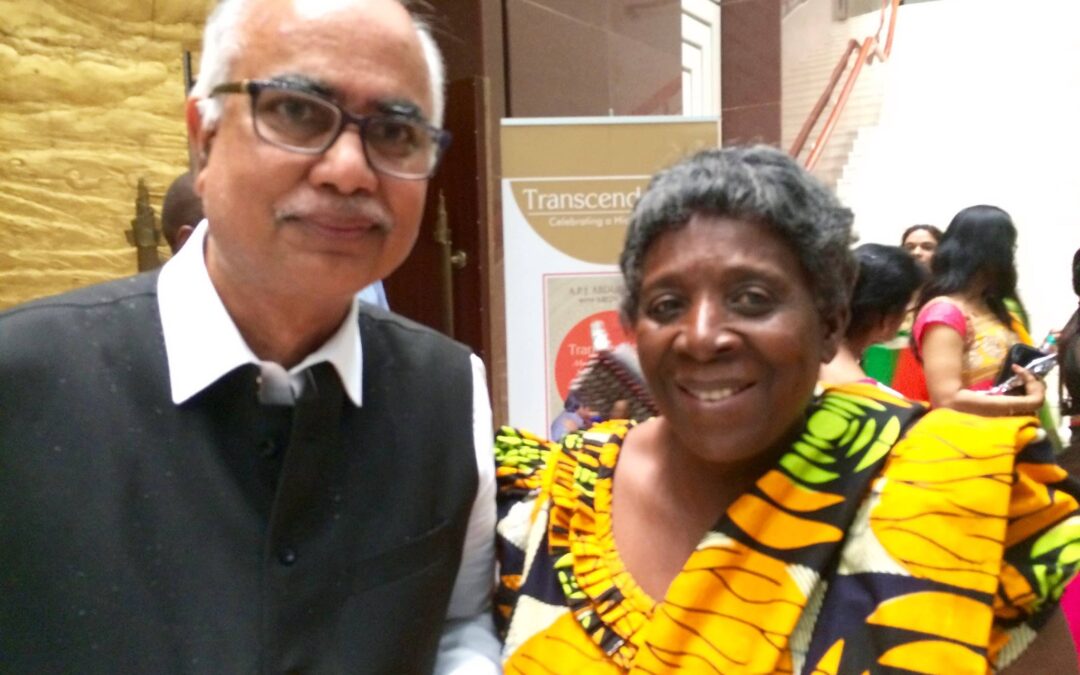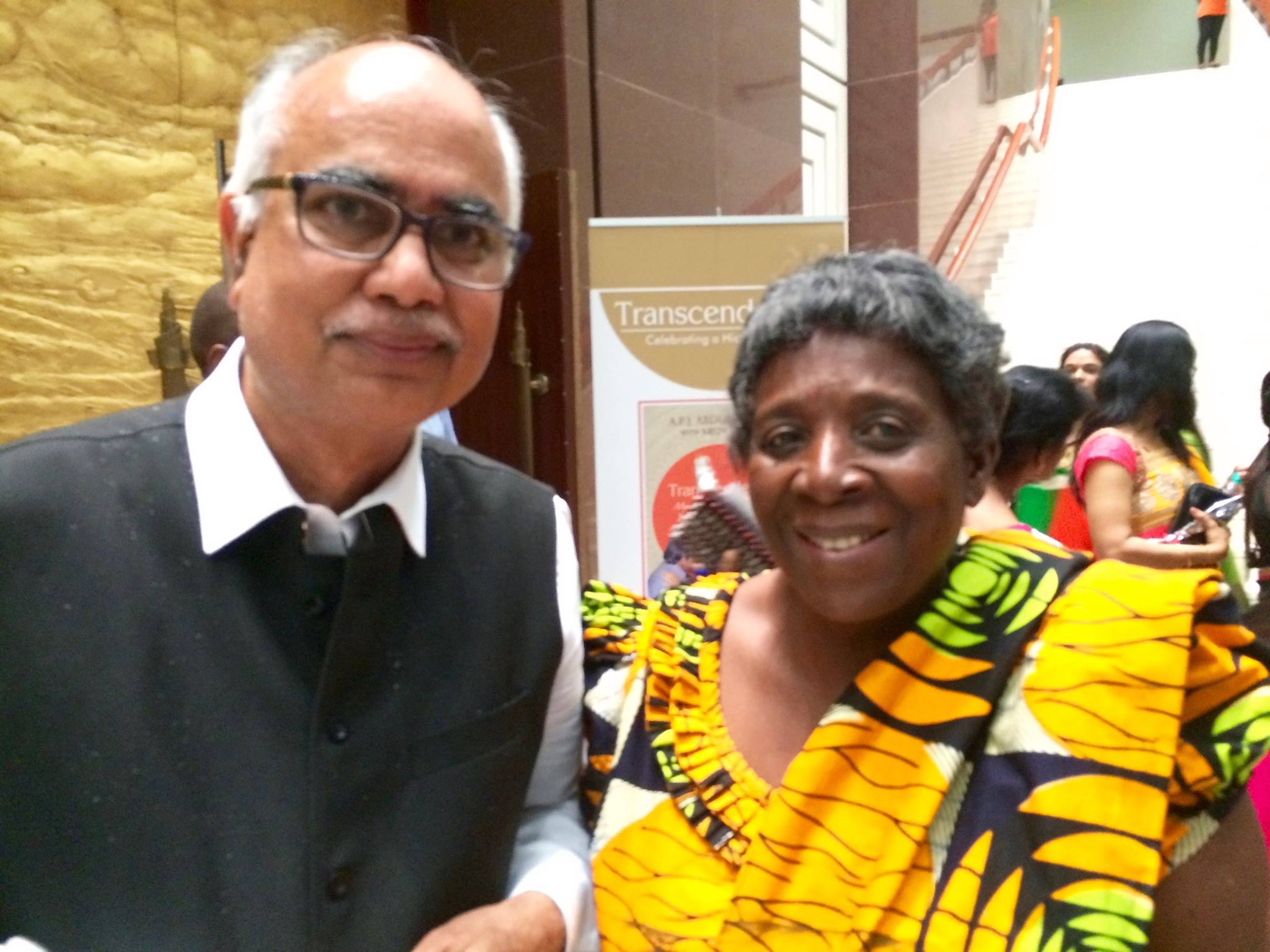
November 21, 2016
November 21, 2016
Accompanied by my wife, Anjana, the young Kenyan-Indian, Dil Patel, and our Swiss host, Stefan Müller, I visited the Einsteinhaus (Einstein House), a former residence of Albert Einstein in Bern, Switzerland, which has been converted into a museum. Bearing No. 49, it is a small house built over a shop in a long shopping lane called Kramgasse (Grocers’ Alley) in the Old City of Bern, very much like Chandani Chowk in Delhi or Pathargatti in Hyderabad.
Einstein lived here with his wife Mileva from 1903 to 1905 and wrote the four articles that created the foundation of modern physics and changed views on space, time, mass and energy. He was only 26 then. Working for the Swiss Patent Office while pursuing his
Einstein was awarded the Nobel Prize for Physics in 1921, but history would soon intervene. The Nazis were on the rise in his native Germany, and Einstein, a Jew, was persecuted. More for his personal safety, Einstein moved to the United States in

